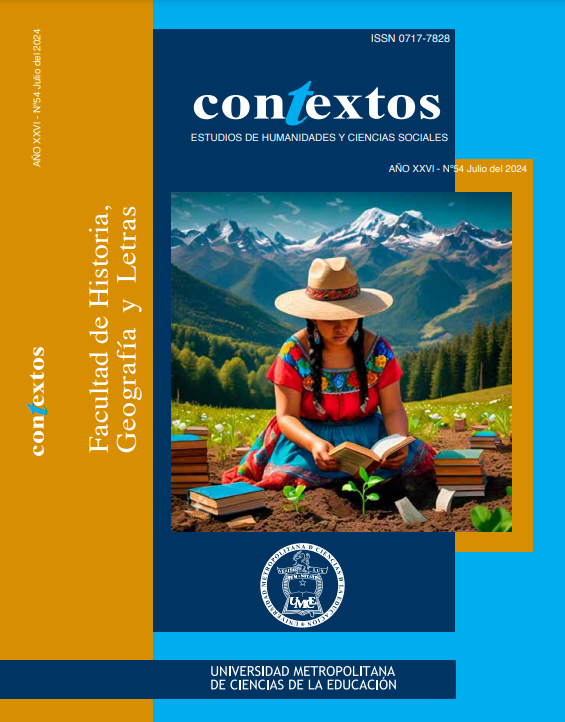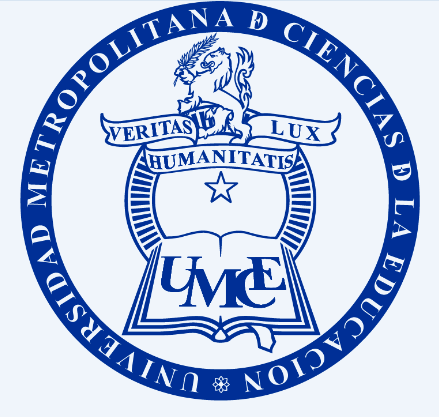Main Article Content
Jan 9, 2025
Abstract
Ethics is part of the comprehensive training of citizens as a social commitment of the academy in the 21st century. Therefore, students, teachers, managers and families are active subjects of change and propose or contribute knowledge for new pedagogical strategies, with new concepts and perspectives for divergent generations, to form tolerant, critical, participatory and purposeful people in well-being of multiculturalism. This article is based on some recognized authors, and especially, it aims to reflect on the thinking and acting in the daily lives of children and young people, as well as the integral function of the academy and the family. An investigation is carried out with a qualitative approach from observation, surveys and interviews, to discuss the objective of the ethics chair in schools and colleges and present conclusions and recommendations as a contribution to the training of citizens in rural educational institutions in Colombia.
Keywords: Ethics, Education, family, values.
Downloads

This work is licensed under a Creative Commons Attribution-NonCommercial-NoDerivatives 4.0 International License.
Policies for open access journals
Authors who publish here accept the following terms: Authors will keep their copyright and will guarantee the journal the right to the first publication of their work, which will be subject to the Licence of Creative Commons acknowledgement, which allows for the use of this material only if the authorship is credited and the original source is acknowledged (the journal’s URL), and if it is not used with commercial ends and with any derivations of the original work.
Authors may adopt other non-exclusive license agreements of distribution of the published version (e.g. to save it onto a digital institutional archive or publish it in a monographic volume) only if the initial publication of this journal is indicated.
It is permitted and recommended for authors to divulge their work on the Internet (e.g. institutional digital archives or webpage) before and during the submission process, which may lead to interesting exchanges and increase the citations of the publication. (See Open Access Effect).
References
la fenomenología de Husserl (citado por García, A. 2000) afirma que:
“La fenomenología está en la dinámica que le imprime al sujeto, ahora el sujeto no espera ser afectado por los objetos del mundo, sino por el contrario, el sujeto constituye esos objetos y le da sentido al mundo. Otro aspecto importante es que el sujeto trascendental ya no es un sujeto anónimo, éste es un sujeto activo que constituye el mundo, que tiene una responsabilidad con ese mundo y un compromiso histórico con la humanidad” (p. 42).
Lampierre (2003) afirma: “La educación de la persona, del ciudadano, no se hace solamente en la escuela, también se realiza en la familia y en los grupos de ocio formales o informales”. (p.204).
Gallegos (2001) cuando dice:
“La educación holística, no sólo forma al individuo de manera integral, también como su nombre lo indica holo- significa todo, -istico significa relación, por lo tanto debe estar acompañado de una mente abierta y unificadora no reductora, capaz de concebir el conocimiento, la persona y su entorno como todo”.






